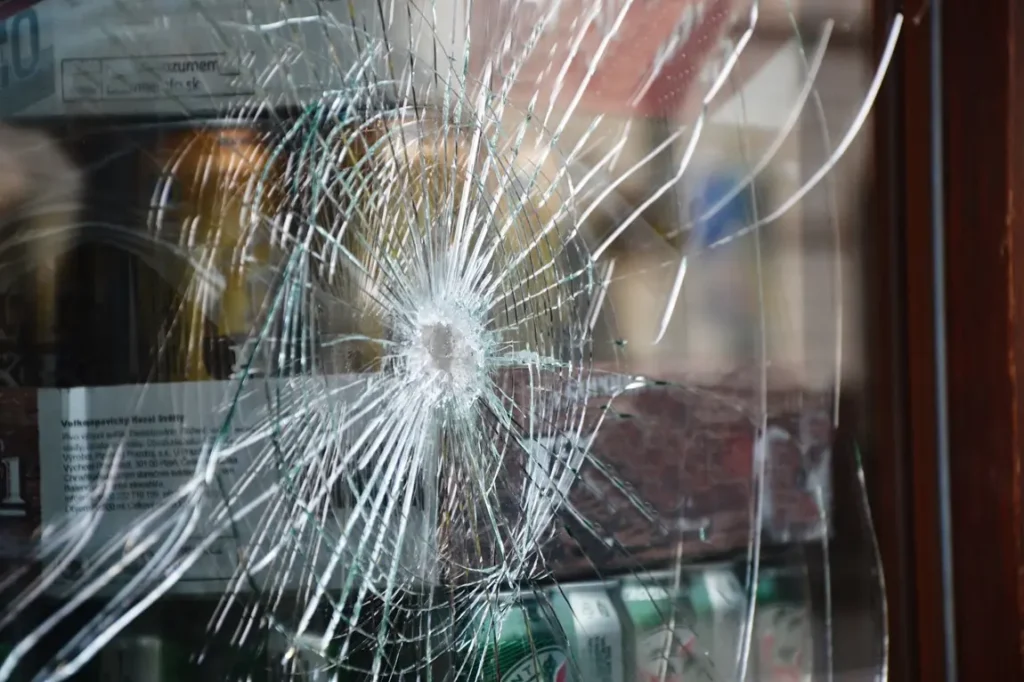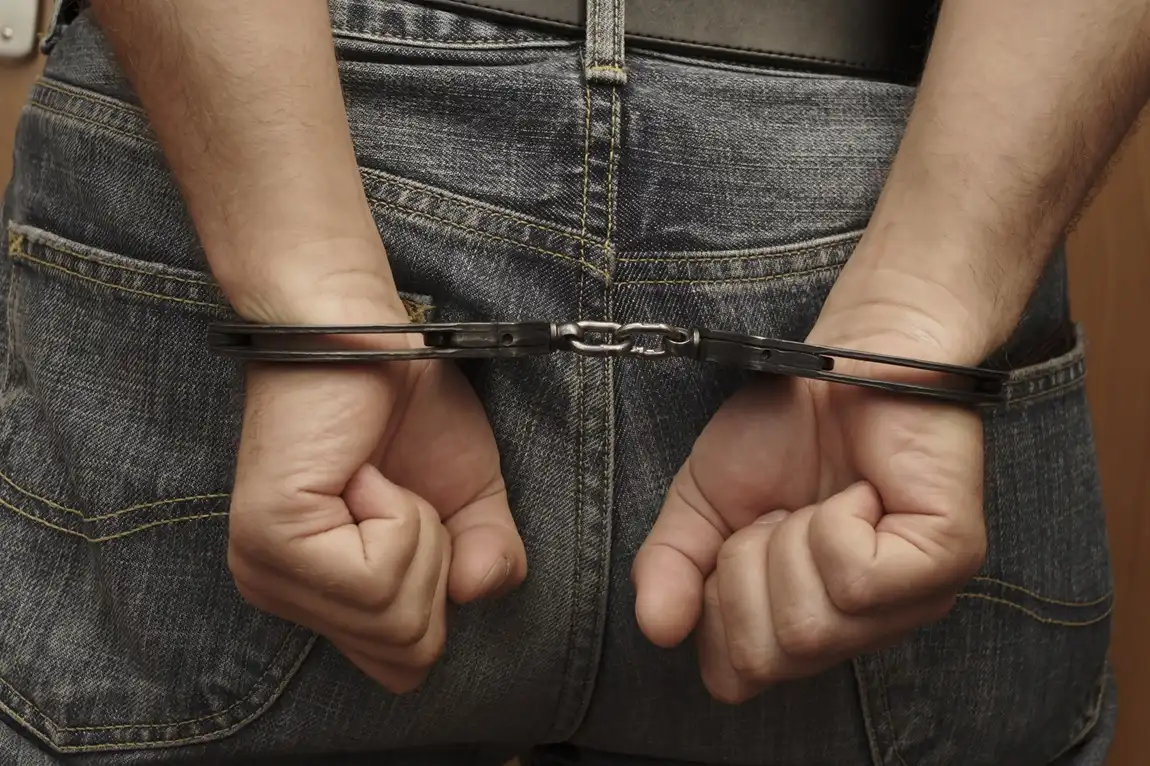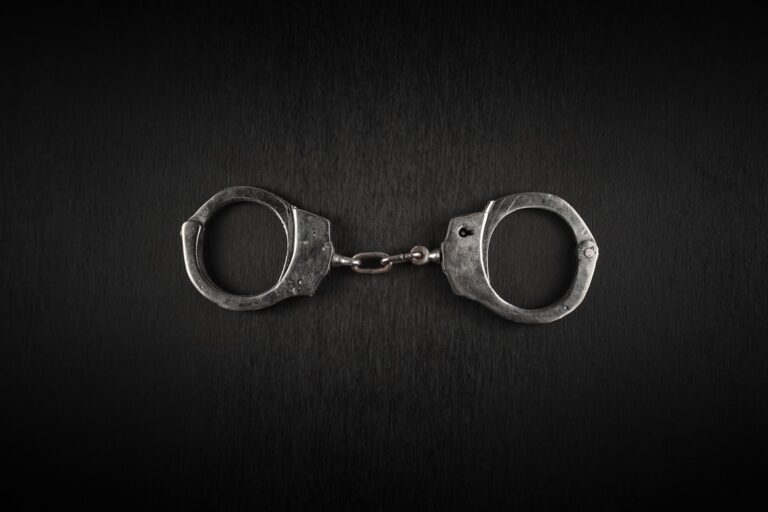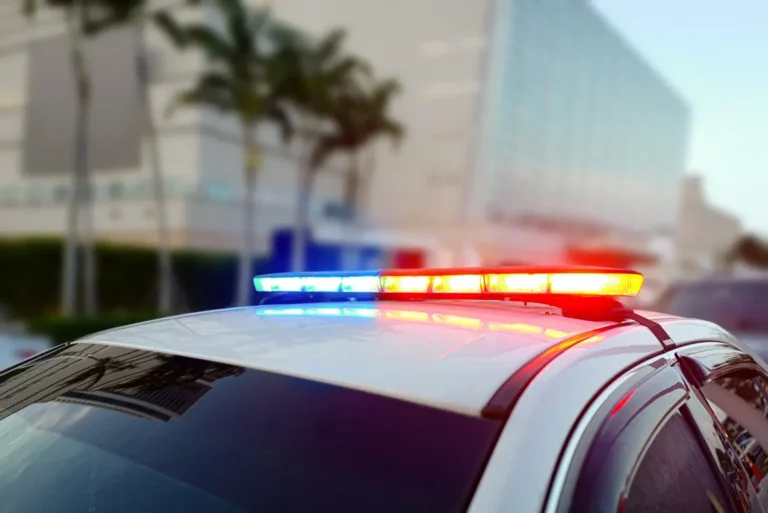
Disorderly conduct is a significant offense in Ohio. Although the charge is either a minor misdemeanor or a fourth-degree misdemeanor, a conviction carries severe implications for the accused.
Many people only consider the sanctions imposed by a judge when they think about penalties for violating Ohio’s criminal law.
But convictions for criminal charges could also have other devastating consequences.
Speaking with a highly qualified Ohio criminal defense attorney from Gounaris Abboud, LPA, could help you better comprehend your rights.
Contact our defense team online or call (937) 222-1515 today and let them help develop a defense plan that minimizes the impact of your Ohio disorderly conduct charge.
What is Disorderly Conduct in Ohio?
Disorderly conduct is a charge that police often use to end a potentially dangerous or tumultuous situation.
Ohio’s legislature wrote the disorderly conduct law broadly so that police could use their arrest powers to preserve the peace as circumstances dictate.
The difference between protected speech and disorderly conduct is sometimes a narrow margin. A person can exercise their right to free expression.
However, Ohio’s disorderly conduct statute limits freedom of expression when the behavior alarms, annoys, or threatens public order.
Different Types of Disorderly Conduct in Ohio
Ohio law considers a variety of behaviors to be disorderly.
Law enforcement officers can charge a person for disorderly conduct for inconveniencing, annoying, or alarming another person by recklessly:
- Threatening harm to another person or property, fighting, or engaging in turbulent behavior;
- Being unreasonably noisy, uttering an offensive or coarse gesture, or communicating grossly abusive language;
- Provoking a violent response by insulting, challenging, or taunting another;
- Blocking roads or access to property;
- Creating a situation that could physically harm another person by acting without a lawful or reasonable purpose.
The person charged with disorderly conduct in Ohio need not be intoxicated or impaired under these circumstances.
Disorderly Conduct in Ohio While Intoxicated
Ohio’s disorderly conduct law also pertains to situations when people are voluntarily intoxicated, which is sometimes called “drunk and disorderly.”
The police need not prove the person under arrest for disorderly while intoxicated had a blood alcohol limit of 0.08 or above. Instead, the police have probable cause to arrest if the person appeared intoxicated according to the ordinary person.
Police in Ohio could charge drunk and disorderly when:
- The person is in a public place or with two or more people engaging in conduct that is inconvenient, alarming, annoying;
- The person created a condition that risks physical harm to others or to property.
Operating a vehicle or watercraft under the influence does not violate the disorderly conduct law in Ohio, though you may be subject to other charges for doing so.
Penalties for Disorderly Conduct in Ohio
Ohio disorderly conduct penalties depend on the circumstances of your arrest. Disorderly conduct is a minor misdemeanor and is punishable by a fine of $150 unless aggravating factors apply.
Aggravated disorderly conduct is a fourth-degree misdemeanor. A person convicted of a fourth-degree misdemeanor in Ohio faces up to 30 days in jail and a fine not to exceed $250.
Ohio law defines aggravating factors under the disorderly conduct statute as:
- Persistent disorderly conduct after receiving a warning to stop the disorderly behavior;
- Committing the offense in the vicinity of a school or within a school safety zone;
- Acting disorderly during an emergency such as a fire, disaster, riot, accident, or another emergency while in the presence of police or other emergency personnel performing their duties at the scene;
- Acting disorderly at an emergency facility such as a hospital in the presence of emergency personnel while the emergency personnel attends to their duties;
- Having three convictions of disorderly conduct while intoxicated.
Discussing the allegations with a dedicated Ohio criminal defense attorney can help you better understand the charges filed against you.
Disorderly Conduct and College Students
Acting like a fool while drunk in a dorm room is one thing; doing the same in public is entirely different.
College students should be wary about losing total control over their faculties while drinking or in situations where peaceful actions could turn riotous.
A college student found guilty of disorderly conduct could receive a suspension from school, suffer removal from college programs, or face other disciplinary action from their institution.
The school’s disciplinary action could reflect poorly on the student when pursuing a professional career or furthering their education.
Possible Defenses to Disorderly Conduct Charges
Negotiating a favorable disposition of the case might be the best course of action in the circumstances.
A skilled Ohio criminal defense lawyer knows how to negotiate disorderly conduct from a fourth-degree misdemeanor to a minor misdemeanor or negotiate a dismissal altogether.
Individuals charged with disorderly conduct have the absolute right to proceed to trial. They could argue the First Amendment protected their actions.
Contact an Ohio Criminal Defense Lawyer Today
The criminal defense lawyers at Guardian Abboud, LPA understand that you or your loved one is in a tough spot.
Speaking with a passionate, dedicated, and experienced Ohio criminal defense attorney about your charges of disorderly conduct in Ohio could give you the confidence you need to make the best decision for you.
Our Ohio defense attorneys are former prosecutors who use their experience to their client’s advantage. Call Gounaris Abboud, LPA today at (937) 222-1515 or contact us online to learn more.




